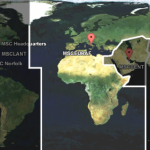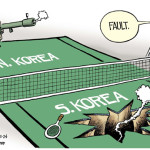Daily Report Archives
Established in December 1993, the Nautilus Institute’s *N*ortheast *A*sia *P*eace and *S*ecurity *N*etwork (NAPSNet) Daily Report served thousands of readers in more than forty countries, including policy makers, diplomats, aid organizations, scholars, donors, activists, students, and journalists.
The NAPSNet Daily Report aimed to serve a community of practitioners engaged in solving the complex security and sustainability issues in the region, especially those posed by the DPRK’s nuclear weapons program and the threat of nuclear war in the region. It was distributed by email rom 1993-1997, and went on-line in December 1997, which is when the archive on this site begins. The format at that time can be seen here.
However, for multiple reasons—the rise of instantaneous news services, the evolution of the North Korea and nuclear issues, the increasing demand for specialized and synthetic analysis of these and related issues, and the decline in donor support for NAPSNet—the Institute stopped producing the Daily Report news summary service as of December 17, 2010.
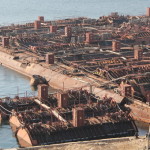
DETERRENCE: Russian Drills Aim at Potential Nuclear Disaster Response – Ministry DPRK: S. Korea to Provide 3 Billion Won in Aid to N. Korea ENERGY SECURITY: The Big Green Test – Conservatives and Climate Change GOVERNANCE AND CIVIL SOCIETY: Pathways to Deep Decarbonisation: Interim 2014 Report CLIMATE CHANGE ADAPTATION: A Geospatial Dataset for U.S. Hurricane Storm Surge and Sea-level Rise […]
Go to the article
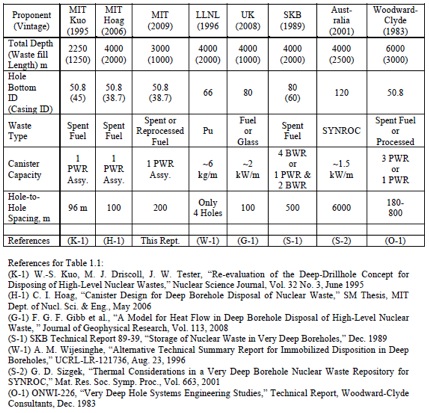
by Jungmin Kang Exploration of the Potential for Deep Borehole Disposal of Nuclear Wastes in South Korea: An Update[1] 1 July 2014 Visiting Professor, KAIST I. executive summary Since the Republic of Korea’s first nuclear power reactor was placed into operation in 1978, twenty three reactors have been placed into operation, with a total capacity of 20.7 gigawatts […]
Go to the article
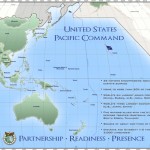
DETERRENCE: How the Army Should Pivot to Asia GOVERNANCE AND CIVIL SOCIETY: Japanese Report on the Kono Statement Draws Ire from Seoul CLIMATE CHANGE ADAPTATION: Location Security and Environmental-Induced Displacement: A Case Study of the Riverine Islands in Bangladesh ENERGY SECURITY: Obama on Obama on Climate AUSTRAL PEACE AND SECURITY: Australia-US Defence Deal: What it Means DETERRENCE: How the Army Should […]
Go to the article

by David F. von Hippel and Peter Hayes The Nautilus Institute for Security and Sustainability 24 June 2014 Prepared for the International Seminar on Political Prospects of Korean Peninsula and Strategies for North-South Korean Energy Cooperation on 7-8 November 2013, Yeoncheon, Republic of Korea. I. INTRODUCTION During the decade of the 1990s, and continuing into the second […]
Go to the article
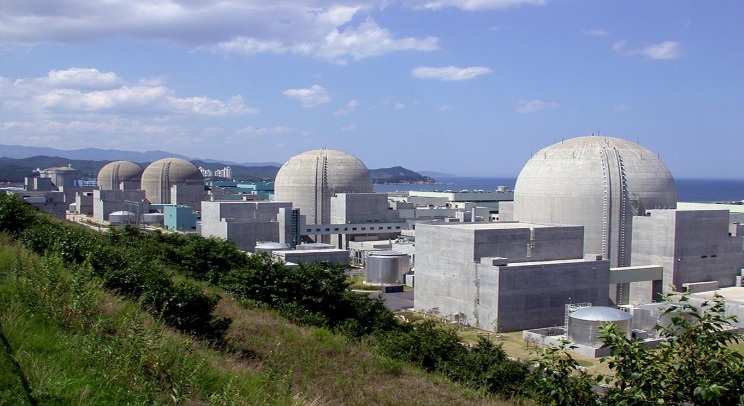
by Jungmin Kang 10 July 2014 Originally published 5 March 2014 for Korea Advanced Institute of Science and Technology, Daejeon, Republic of Korea. I. Status of and Prospects for Nuclear Power in the Republic of Korea One of the most rapidly growing developed countries in the world today, South Korea (the Republic of Korea, or ROK) has been increasingly relying on […]
Go to the article

“Six Party Talks and Multilateral Security Cooperation” Building a New Security Architecture in Northeast Asia May 29, 2014 Presented to 9th Jeju Forum Panel by Peter Hayes, Director at the Nautilus Institute for Security and Sustainability. 1. Six Party Talks and Multilateral Security Cooperation It is self-evident that the Six Party Talks (6PT) as we knew […]
Go to the article




